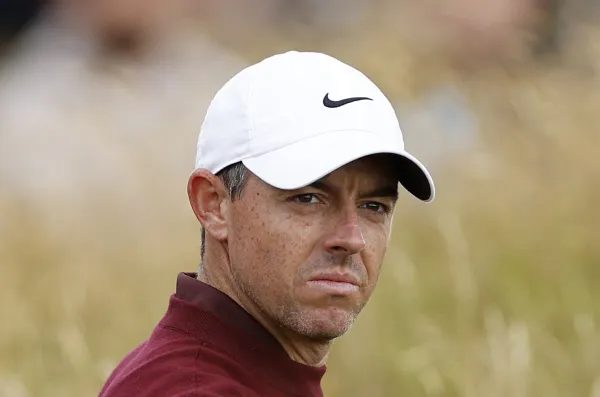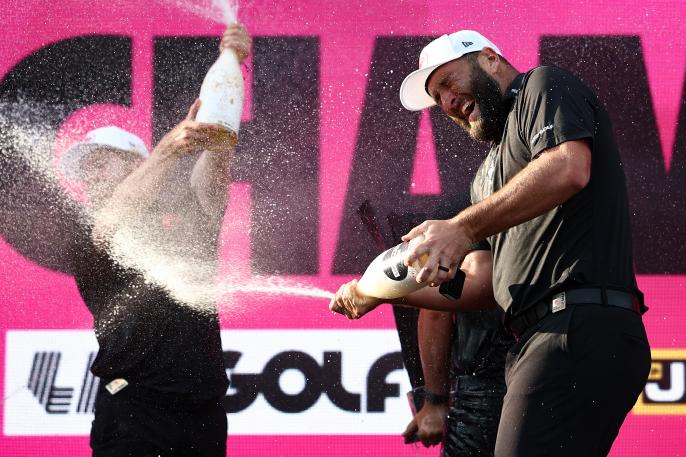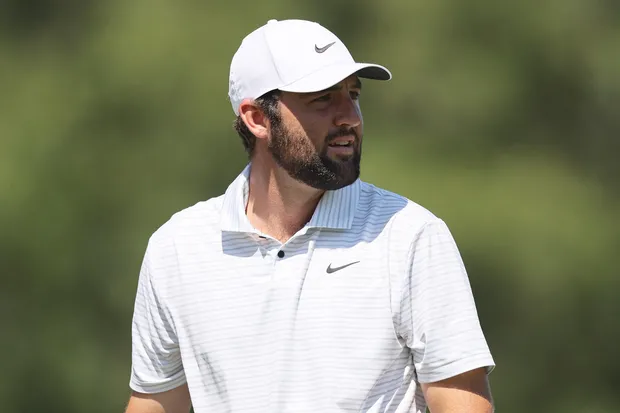‘None of your business’: Rory McIlroy’s response as questions raised ahead of Olympic run after crushing defeat
Rory McIlroy recently turned his attention towards preparing for the Paris 2024 Olympics, choosing to practice at a course he knows exceptionally well. However, instead of heading straight to Le Golf National, the site of Europe’s triumph in the 2018 Ryder Cup, McIlroy opted for a round at the Old Course at St Andrews. This decision, taken on Monday and reported in Australia on Tuesday, raised eyebrows as it was not immediately clear why he selected this venue for his final pre-Olympic preparation.
McIlroy’s visit to St Andrews was met with a significant amount of attention. Photographers were positioned strategically behind him on the tee, and a crowd gathered along the 18th green. When asked about the reason for his choice, McIlroy responded somewhat cryptically, “None of your business why I was there,” leaving observers unsure whether he was being serious or playful.
Despite the intrigue surrounding his choice of venue, McIlroy acknowledged that it was a pleasure to play at St Andrews. “Yeah, it was good,” he said. “I wasn’t expecting quite the crowd on the last few holes that we got.” He noted that this round was his first game of golf since participating at Royal Troon, making it an important part of his preparations. “I thought at least one game of golf before I got here was probably beneficial,” he added.
McIlroy’s performance at Royal Troon had been less than stellar. He had been struggling with his game following a heartbreaking loss at the US Open, where missed par putts on the final holes cost him the championship. His subsequent performance at the British Open was disappointing: a high score of 78 in the first round and a triple bogey on his fourth hole of the second round led to an early exit. This dismal experience at Troon contrasted sharply with his previous successes and highlighted the significance of his current preparations.
In the lead-up to the Paris 2024 Olympics, McIlroy has shifted his focus. He arrived in Paris from St Andrews and began a rigorous two-day preparation session. His motivation seemed to be fueled by the opportunity to compete for an Olympic gold medal, a prize that could compensate for the lack of major championships in recent years. “The last time you guys saw me, I didn’t give a very good account of myself at Troon,” McIlroy reflected. “I want to make sure I’m right where I need to be teeing off on Thursday.”
McIlroy had taken a full nine days off from competitive golf since missing the cut at the British Open, setting himself apart from other players in the field. For example, Scottie Scheffler continued to play during a family holiday in the south of France, while other American golfers gathered in Portugal for casual golf and beach time. Meanwhile, Jon Rahm celebrated his first victory in a LIV Golf event just the previous week in England.
The Olympics have presented a new dimension for golfers, who traditionally prioritize monetary rewards and prestigious tournaments. This year marks only the third time golf has been included in the Olympic program, adding a new layer of competition beyond the four major championships. McIlroy, who has previously had mixed feelings about the Olympics, has evolved in his perspective. In 2016, he opted out, stating he would only watch the sports of personal interest. However, his participation in Tokyo 2020 and current involvement in Paris 2024 reflect a significant shift towards valuing the Olympic experience.
At the Tokyo Olympics, McIlroy narrowly missed out on a bronze medal, finishing in a seven-man playoff for third place. His comment after the event, “I’ve never tried so hard to finish third,” underscored his dedication and competitive spirit. For McIlroy, a gold medal in Paris would be a remarkable achievement, especially given the current drought of major victories over the past decade. “It would probably be one of, if not the biggest in my career, for the last 10 years,” he said.
McIlroy’s familiarity with Le Golf National adds another layer of intrigue to his preparation. His past experiences include participating in the French Open, where he had mixed results, and his performance in the Ryder Cup, where he played a key role in Europe’s victory. The course’s design, featuring thick rough and fast greens, is somewhat reminiscent of the challenges he faced in the Ryder Cup, though he noted that the rough does not seem as severe this time.
As McIlroy immerses himself in Olympic preparations, he has expressed his intention to focus solely on golf until the end of the competition. After the event, he plans to spend additional time in Paris to enjoy other Olympic events. McIlroy’s evolving stance on the Olympics reflects his broader views on golf’s global stage and his desire to make a significant mark in this prestigious event.
Reflecting on the significance of the Olympics, McIlroy acknowledged the growing importance of the event in the landscape of golf. “I think as golf is in the Olympics for a longer period of time … I don’t know if anything will be able to sit alongside the majors,” he said. “We have our four events a year that are the gold standard. But I think this is, in time, going to be right up there amongst that.” For McIlroy, the pursuit of an Olympic gold medal represents a new pinnacle in his storied career, one that could redefine his legacy in the sport.
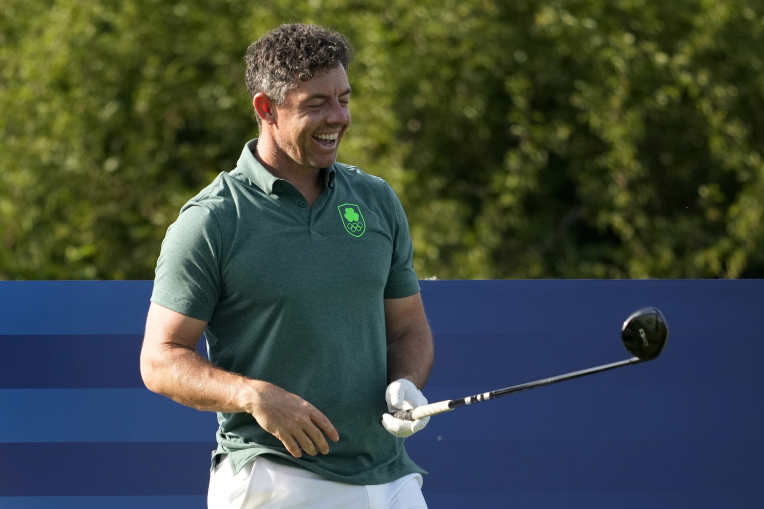
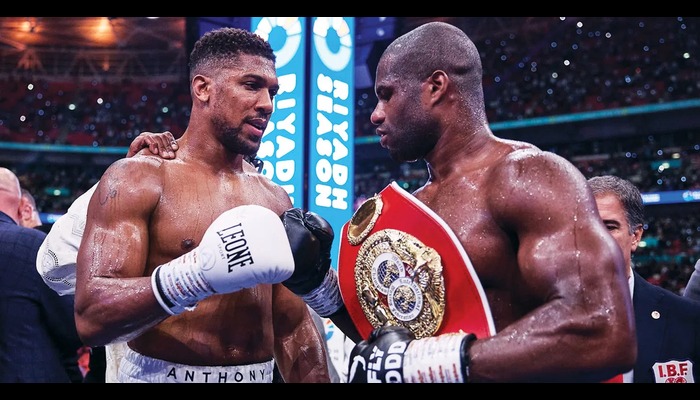
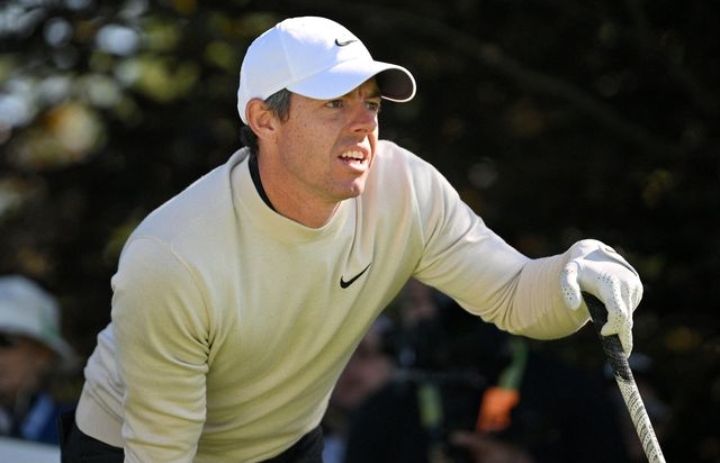
![Armand Duplantis pobił kolejny rekord świata! Niebywały wyczyn [WIDEO]](https://dailynewsreel.com.ng/wp-content/uploads/2025/03/Screenshot_20250301-002217.jpg)
